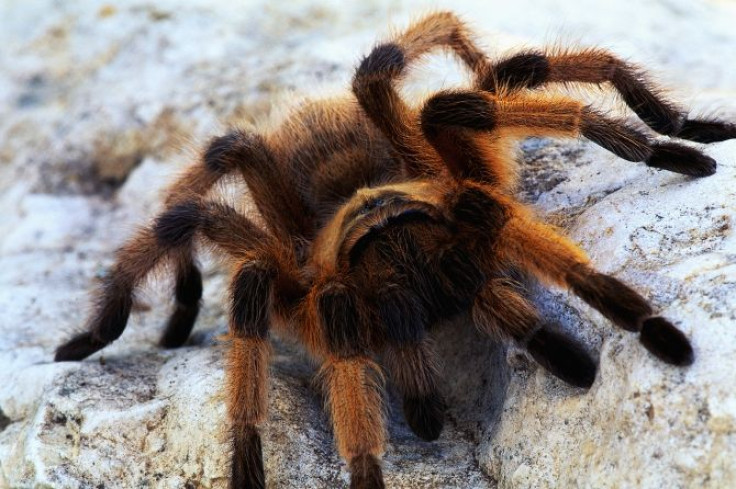Scared of Spiders? Sleep May Help Cure Phobias

For those suffering from arachnophobia, a fear of spiders, researchers discovered exposure therapy may be more effective when followed by sleep.
Conducted by Edward Pace-Schott, clinical instructor in psychology at Harvard Medical School (HMS) alongside Rebecca M.C. Spencer at the University of Massachusetts, Amherst, the study focused on sleep's role in minimizing one's fear of spiders.
The study involved 66 women, who were divided into four groups, sleep, wake, morning and evening. Researchers instructed each group to view a one minute long, video of a spider 14 times. The morning and evening groups were treated as the control groups in order to reject the notion that time of day, over sleep, plays a role in phobias. Participants in both control groups were required to watch the video two hours apart during the morning and evening hours whereas the sleep and wake groups were required to watch the video 12 hours apart after a day of being awake or a night of sleep.
During 60 percent of the viewings a loud noise would go off, giving researchers an opportunity to measure the participants' frightened response. In addition to the noise, Pace-Schott and his team also instructed participants to watch another video of a new spider, in order to determine fear of both the old spider and new one and how sleep affects that fear.
Results demonstrated women who received 12 hours of overnight sleep displayed a low level of "fearfulness disgust and unpleasantness," response including hand-sweat response. Sleep also safeguarded women from fear of a new spider. Women who participated in the wake group experienced an adverse effect, experiencing strong hand-sweat response including increase ratings of "fearfulness, disgust and unpleasantness." Those women also experienced a stronger fear in new spiders.
According to Pace-Schott, sleep also had positive physiological effects. Women in the sleep group stated they experienced less fear, which was apparent in their heart rates and skin-conductance changes.
Results of the study additionally revealed the positive effects of rapid eye movement (REM) sleep. It is evident that REM sleep is responsible for re-processing emotional memory, and those who lack REM sleep are unable to for fear extinction memories. Fear extinction is the creation of new memories that replace old memories, linking the phobia to something that is no longer harmful.
“REM may be the stage of sleep during which extinction memory is stabilized and strengthened,” Pace-Schott said.
Pace-Schott recommends that exposure therapy happens closer to bed time or after each exposure therapy session patients should be instructed to take a nap in order to strength extinction memory.
The study was published in the Journal of Psychiatric Research.



























